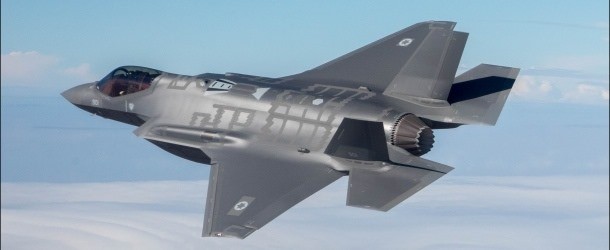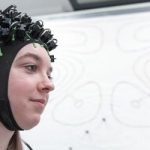Science goes to war: western allies step up collaboration in military research including quantum technologies & hypersonic

(ScienceBusiness) Richard L. Hudson and Florin Zubașcu discusses the impact the war in Ukraine is havingi with western governments announcing a series of new measures to coordinate their military research, including on quantum technologies and hypersonic missiles. IQT-News summarizes
The shift isn’t without controversy, as some European academics urged the EU to keep its civilian and defence research separate.
The military build-up took several steps, with NATO announcing a coordinated, multi-country research programme, and the US, Australia and UK setting plans for expanded quantum, hypersonic and other joint weapons research. It followed a NATO leaders’ meeting last autumn in which the strategy was set; but the scale and scope of the detailed measures announced were massive. IQT-News summarizes this wide-ranging, indepth article below.
Among the technologies under study, quantum ranks high. In 2018, under the Trump administration, a national quantum initiative got under way – and that has accelerated under President Biden. At the same time, the EU, China, Japan, Canada, UK and many other countries have been upping their own programmes.
Jens Stoltenberg, secretary general of NATO, announced this week that the UK and Estonia will host a joint military R&D programme involving research centres around the alliance. The Defence Innovation Accelerator for the North Atlantic (DIANA) is expected to strengthen transatlantic cooperation on defence technologies and procurement.
The innovation accelerator will cover projects in artificial intelligence, big data, quantum technologies, biotechnology, hypersonics and space. “The goal of DIANA is to support deep technologies companies that contribute to defence,” said Estonian defence minister Kalle Laanet.
In the UK, Imperial College London will be the host organisation, coordinating what the UK government called “deep tech test centres” for military technologies, and a “virtual marketplace” to connect start-ups with investors and procurers.
The project is part of a broader NATO initiative to boost military research cooperation, that will ultimately involve as many as 60 sites. On 6 April, Denmark’s DTU research organisation said it and partners had been chosen to set up a NATO testing centre in Copenhagen for quantum technologies. Further announcements on other sites to be included are expected in coming weeks.
AUKUS cooperation
About the same time as the NATO news, the White House announced on 5 April that US, UK and Australian leaders had agreed to “accelerate investments to deliver generation-after-next quantum capabilities.” The R&D focus, the AUKUS Quantum Arrangement, it said, will be on “positioning, navigation and timing”, in trials over the next three years. Quantum sensors can provide ultra-precise atomic clocks, to guide ships or missiles.
Horizon Europe
The rapid-fire string of western announcements signals a seismic shift in how governments handle the delicate question of military versus civilian research. The European Commission is planning to expand the use of research funds for ‘dual-use’ defence technologies, but it’s unclear whether money from Horizon Europe, its €95.5 billion programme for civilian research, will actually end up being spent on developing weapons.
<https://sciencebusiness.net/news/science-goes-war-western-allies-step-collaboration-military-research>
Sandra K. Helsel, Ph.D. has been researching and reporting on frontier technologies since 1990. She has her Ph.D. from the University of Arizona.























